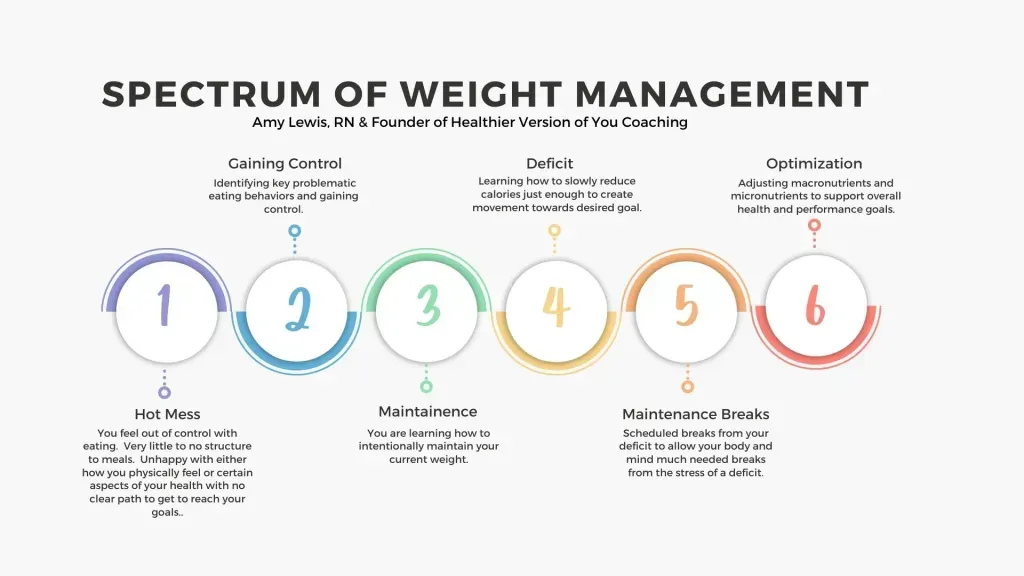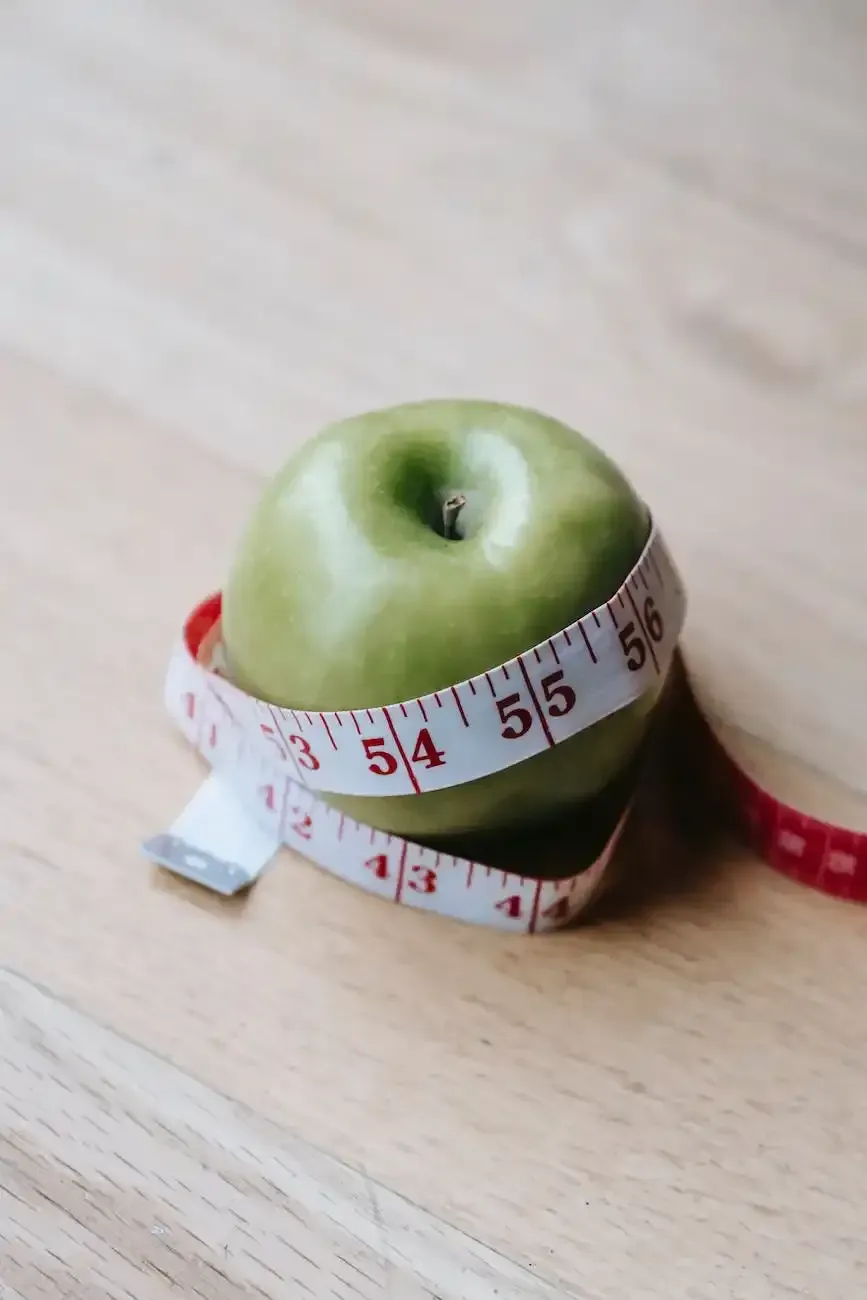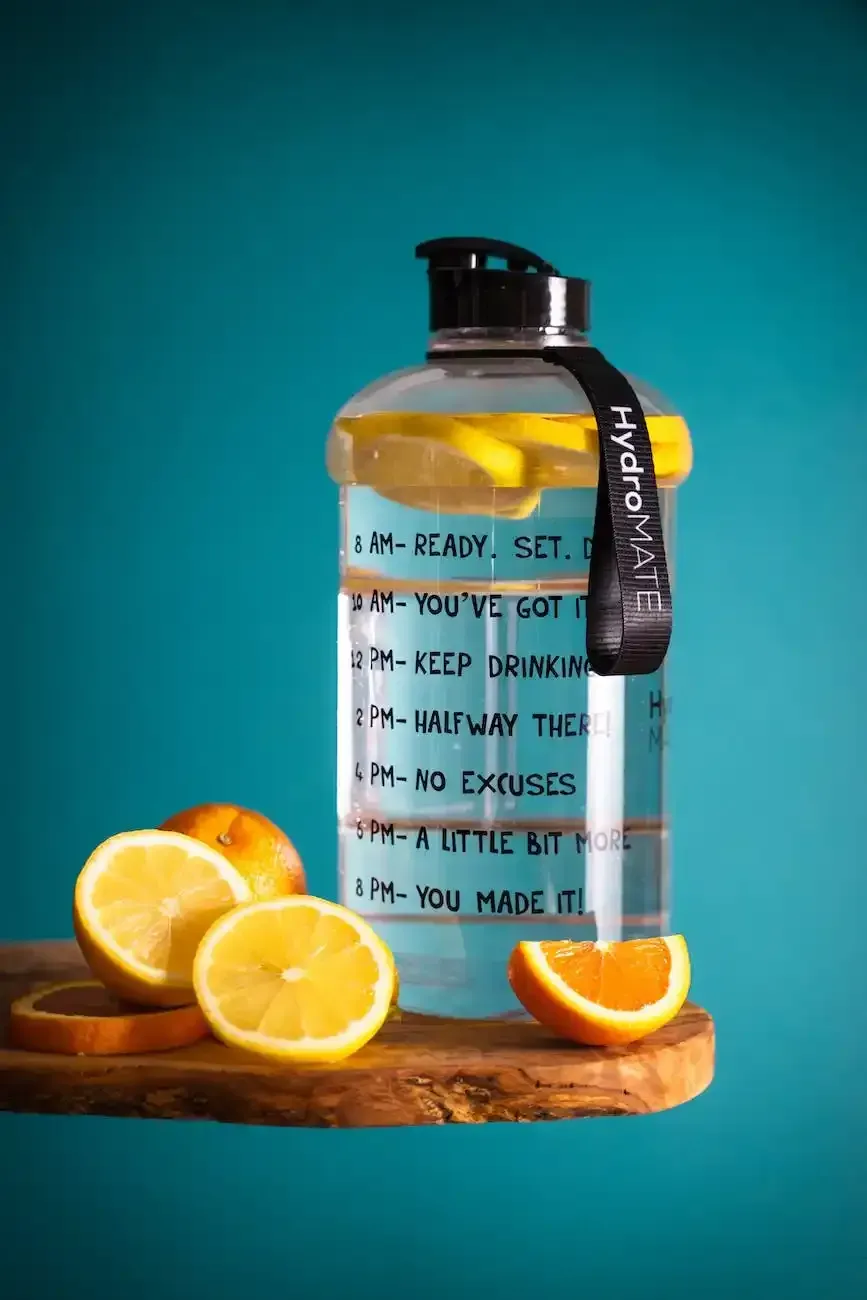10 Steps to get to your goal weight.

This feels slightly gimmicky, which I slightly cringe at but the reality is when life happens we start to make this process far more complicated. In no way am I trying to downplay the real issues of why weight loss isn’t sustainable. The mindset, negative thoughts, all or nothing thinking, sabotaging behaviors, and honestly things you don’t even realize you do or believe, that make this process far more challenging. I titled it this way to remind you that it really is this simple, NOT EASY, but simple.
Don’t complicate it, when “it’s not working” it’s likely because of one of the deeper issues mentioned above. This is typically how this goes down, we start off strong but then something derails us. It’s like going on a road trip from your starting weight to your goal weight and you get a flat tire along the way. What we need to do is pull over, pause there, fix the tire, then keep going. Instead, most of us either slash all the other tires (ie: well I already ate over my calories today I might as well eat everything else in sight) OR we go ahead and tow our car all the way back to the start of the trip (ie: all or nothing, anyone?). I want to reminder you to not make this complicated, pull this list back up (save it to your notes section on your phone) as many times as you need to remind yourself to just pull over, eat maintenance calories, fix what needs fixing, keep your progress, then when you are ready just pick up where you left off to preserve all the hard work you’ve put in to get to that point. Make progress from there, not starting all over or worse off then when you were derailed.
START HERE:
- Download MyFitnessPal or LoseIt app on your phone. Pick the option to MAINTAIN your current weight. It will give you a calorie target. *You can always go old school here if you prefer with a good old paper and pencil. Google Diet Fix Calculator and figure out your maintenance calories there. That’s your goal calorie target each day, deduct calories as you eat, like you would a bank account register.
- Track all your food for at least one FULL week, figure out your average daily intake for that week. ONLY SPEAK IN AVERAGES, day to day doesn’t matter, it’s what you do over time that does. Do not move on to the next step until you can track ALL YOUR FOOD. If you can’t track your food at maintenance calories, you will not be successful moving forward. Figure this out first, it might take a couple weeks to find all the foods you typically eat, get your favorite recipes loaded. Once you do they will be easily accessible for you. Take your time here, your future self will greatly appreciate the detailed setup, that is your Goal at this stage, NOT a deficit and NOT weight loss. All of this takes time and energy don’t put that expectation on yourself when you aren’t even in a good place to execute the plan, goal is solid foundation of skills (aka: track your food consistently).
- Weigh yourself daily, average your weight and only make adjustments to what you do based off your AVERAGE weekly weight (remember from #2, day to day doesn’t matter, it’s what happens over time). Compare your AVERAGE weekly weight from one week to the next. If you are losing you’re already in a deficit. If you’re gaining you are too high, bring your calories down slightly and try again.
- Expect obstacles. Expect issues. Expect perceived failures. When they happen, go back to #2. Work through them then keep going.
- Set your Target Calories for 10% less. If you can not hit this and are able to troubleshoot that and have a solid game plan then stay here and try again. If you can’t and don’t have a game plan, stop beating yourself up with unmet expectations, go back to #2 so you don’t let the negative spiral continue, regroup and get help with a solid game plan before you proceed.
- Support your body. Work on optimizing your nutrition, stress reduction and sleep. Dieting is a stress on the body, our bodies are very resilient but in order to optimize your efforts decrease the stress load on your body to allow it to be more efficient. Most people need to work on fueling their body appropriately, start with increasing your protein intake to 0.7g/#of goal weight and then 25-30g of fiber. Identify stress factors and work on boundaries and ways to mitigate/manage/cope with stress. Sleep is vital, get the best quality and optimal quantity to repair/restore/recharge your body and mind.
- Realize there is a deeper reason why this isn’t sustainable. When problems arise you need to be a detective and dig deep. Find support partners, accountability buddies, read/listen to books, find supportive podcasts, get a support group and/or get a coach. There is nothing wrong with you, something about the approach isn’t sustainable for you. A coach is like a detective, I’ve seen likely all of those sabotaging things you do, that I promise some you don’t even realize that you are doing, it’s my job to help you find them and fix them. All you have to know is that what you are doing isn’t working or what you did in the past didn’t work something has to change this time, my job is to help you find it. Get help!
- You will keep lowering your Target Calories by 10% until you get to an average weight loss of 0.5-1#/week. If you can not get to that rate of loss then you will go as low as you can to create ANY loss while still being able to maintain your habit of tracking consistently. THIS PROCESS IS SLOW, get your head wrapped around that.
- If you ever stumble or have any issue ALWAYS go back to #2. Keep going, it doesn’t matter how slow you go, JUST. KEEP. GOING
- Once you get to your goal weight range, then continue tracking for one year. If that felt relatively easy to maintain your weight for one year then start slowly stepping away from tracking as far as you can while monitoring that your weight remains in range. If ever it goes out of range go back to #2.
If you need a coach email me at coachamylewis@gmail.com to get more information.








